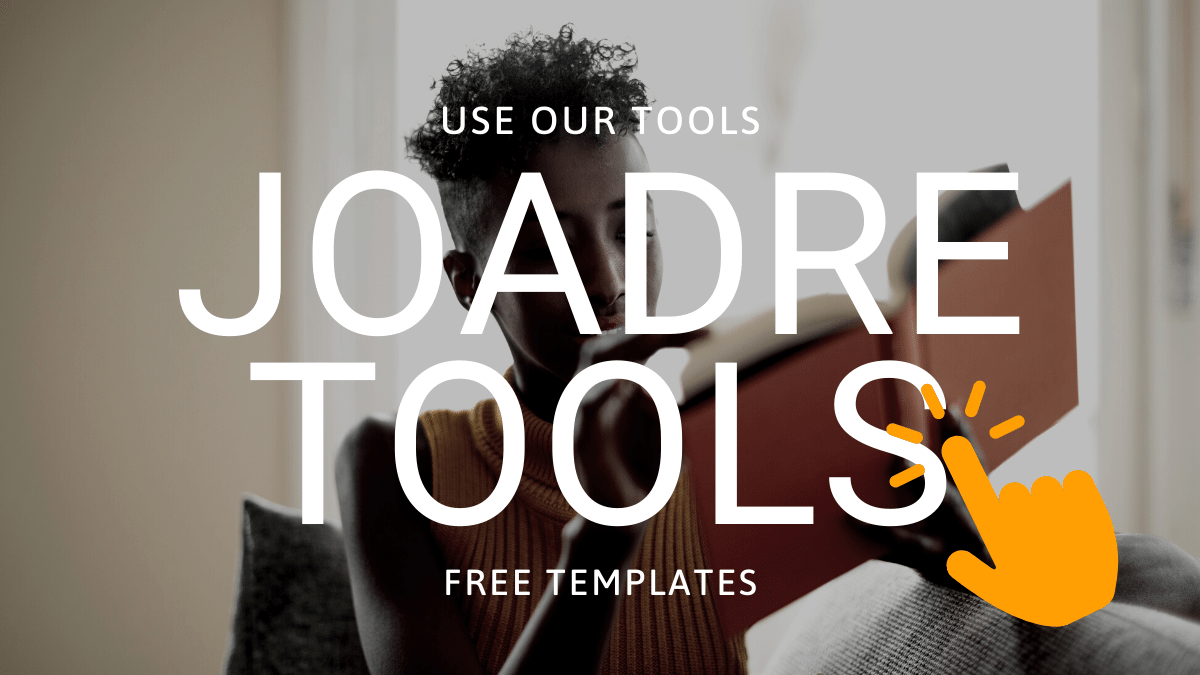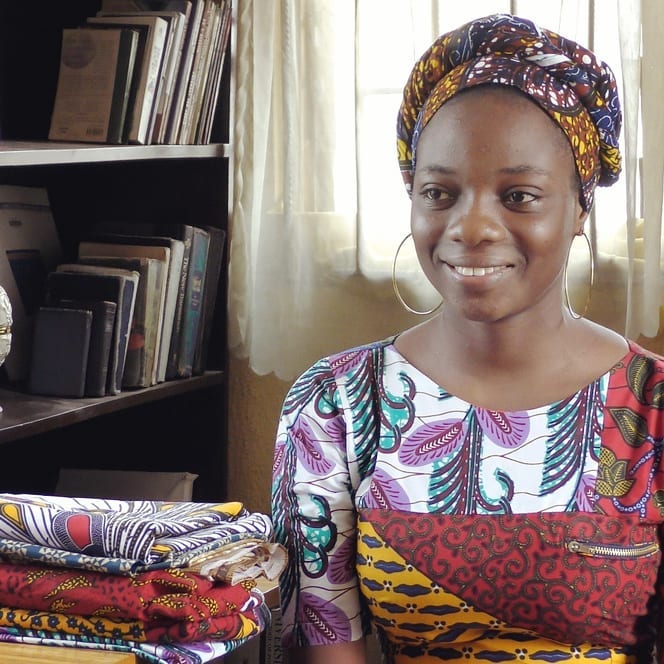All children, no matter where they live or what their circumstances, have the right to quality education. At least according to UNICEF. Nigeria is no doubt the most populous country in Africa. But, for a long time now, the quality of education in Nigeria and the challenges facing the sector has been a subject of public discussion. According to UNICEF, one in every five of the world’s out-of-school children is in Nigeria. With this background in mind. This article attempts an overview and evaluation of the current status of the educational system in Nigeria, structures, operations, challenges, and possible innovations.
3 Educational Systems in Nigeria
First of all, the educational system in Nigeria can be categorized into three:
- Indigenous Education
- Islamic/Religious Education
- Western/Formal Education
For a start, let’s explore the meaning of education so that we won’t be ignorant in our usage of the term. After this, we can then delve into explaining each of the listed. However, be sure to subscribe, so as not to miss any, as this is a 6 parts blog series, and this is just an overview. Hit the subscribe button now, and be the first to hear from us, every time a new content drops. So, what are we talking about here? Is it strictly the ability to speak English fluently? (in British accent, Bruv, Innit). Lol, Okay! Joking apart, is it the ability to manufacture any accent of your choice; an American accent? (You know i’m sayin). Well, let’s find out the meaning.
What is Education?
According to Wikipedia, Education is the process of facilitating learning, or the acquisition of knowledge, skills, values, morals, beliefs, and habits. Education can take place in formal or informal settings. Any experience that has a formative effect on the way one thinks, feels, or acts may be considered educational. Why then do we see education only from the perspective of western education or religious education? Having established the meaning, let’s consider some of the educational systems available in Nigeria.
(1)-6-3-3-4 education formula in Nigeria
Mind you, when people are referring to the educational system in Nigeria, they are majorly referring to the formal education system. Based on the (1)-6-3-3-4 formula: 1 year kindergarten, 6 years primary, 3 years junior secondary, 3 years senior secondary, a minimum of 4 years tertiary. This is the first article amongst a series of articles analysing the educational structure in Nigeria. Subscribe to our newsletter to know when we release further parts of the series where we explore this formula above.
Management of education in Nigeria
Responsibility for educational institutions is shared between Federal, State, local government, communities and private organizations. However, The Ministry of Education has the major responsibility for education. This Federal Ministry is saddled with the responsibility to make coherent national policy and procedures on education, by ensuring that both state government and all stakeholders operate within the prescribed national policy as adapted for all stakeholders’ needs. Other Ministries also play an important role.
The Ministry of Information has the responsibility for publicity and awareness of some of the educational policies and programs offered. Meanwhile, there are Commissions established for different sub-sectors of the educational system and are charged with various responsibilities for the sub-sectors. These include;
- National Primary Education Commission (NPEC)
- National Secondary Education Commission (NSEC)
- National Mass Literacy, Adult and Non-Formal Education Commission (NMEC)
- National Universities Commission (NUC).
Plus other major role players at the local government level. In the further parts, like mentioned earlier, we will explore deeper. At the end of this series, you should have an informed opinion on Nigeria’s educational system. Also, know the challenges it’s facing, opportunities/innovations.
Meanwhile, we have developed a unique app to bring together on one platform – business intelligence that is relevant to our global economy, data information to guide you and a community of both international partners/investors and Nigerian entrepreneurs. The android version is ready for those with android smartphones – downloading right here. An IOS version is on its way. Want to stay connected to know when we have opportunities or release the IOS version of the app so that you can join the tribe? Kindly sign up to our newsletter.
Thank you for reading to the end.
Cheers
Joadre Editorial




